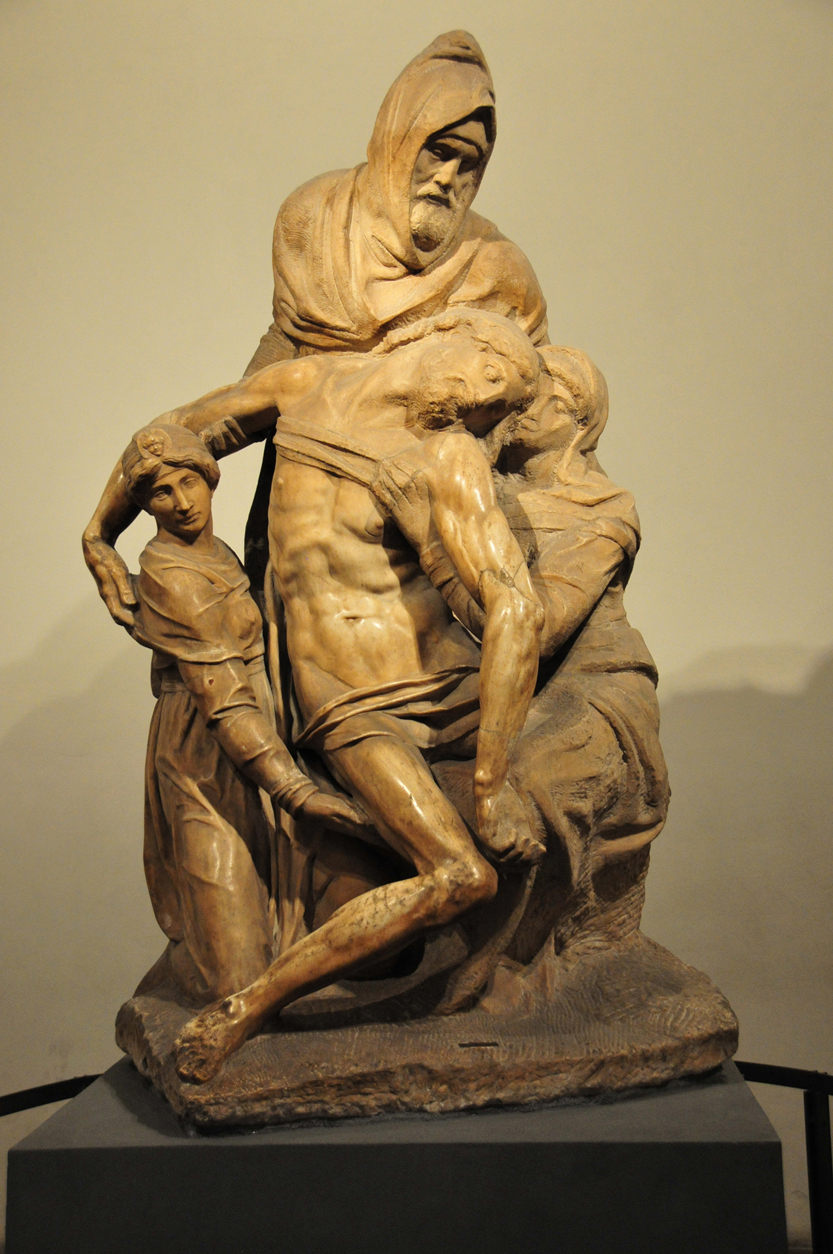
Nicodemus, Deposition of Christ
Michelangelo Buonarroti, 1555
Dear friends,
As we reflect on the passage from Matthew 27:57-66, which recounts the burial of Jesus after his crucifixion, we are reminded of the universal human experience of suffering and the power of compassion to bring hope and healing to even the darkest of moments.
In this passage, we see Joseph of Arimathea, a wealthy and respected member of the Jewish council, courageously step forward to claim the body of Jesus and provide for his proper burial. Joseph's actions demonstrate the importance of showing compassion and respect for all beings, even those who are marginalized or persecuted.
We also see the fear and desperation of the religious leaders who had orchestrated Jesus' crucifixion. They sought to prevent his followers from stealing the body and claiming he had risen from the dead, a fear rooted in their attachment to their own power and authority. This attachment blinded them to the truth of Jesus' teachings and prevented them from recognizing the power of love and compassion that he embodied.
As we reflect on this passage, we can ask ourselves: What attachments do we hold onto that prevent us from showing compassion and empathy for others? How can we let go of these attachments and open ourselves to the transformative power of love and compassion?
Compassion is not simply a feeling or an emotion, but the wisdom to understand the nature and causes of suffering; the wish that all beings may be freed from suffering; and the determination to develop the wisdom to be able to act effectively to reduce suffering. In this way, compassion becomes an active force that can transform our lives and our world.
The story of Jesus' burial reminds us that even in the face of suffering and darkness, we can find hope and healing through acts of compassion and kindness. Let us strive to embody this spirit of compassion in our own lives, and work to create a more just and peaceful world for all beings.
May we all find peace and liberation from suffering.